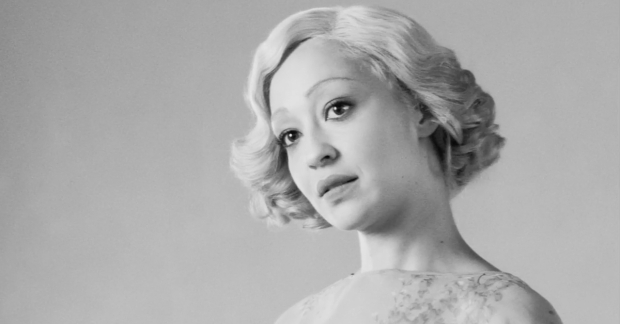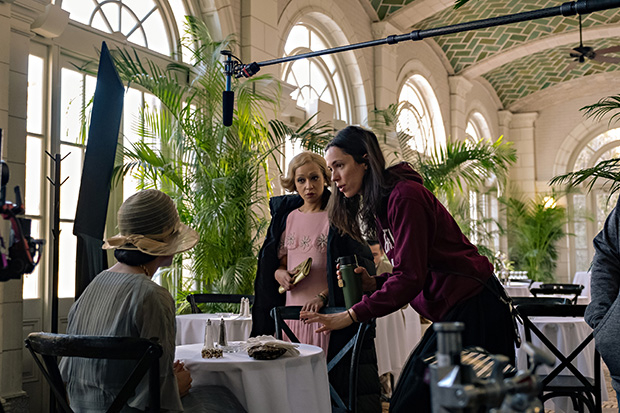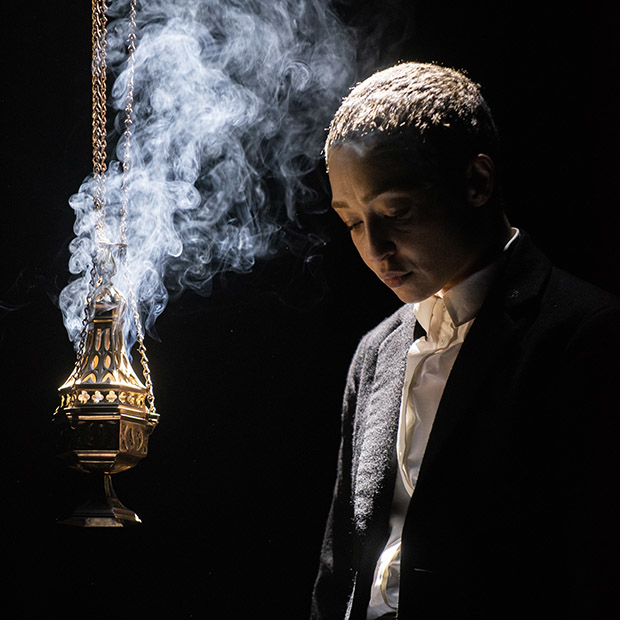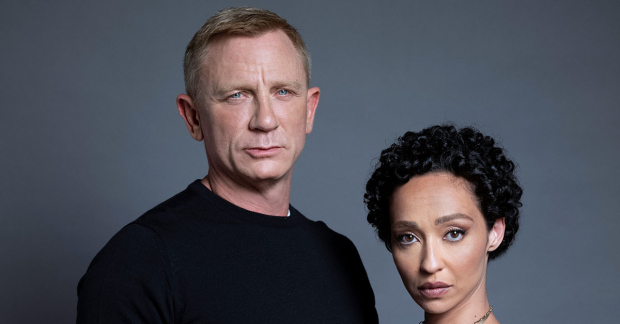From Loving and Passing, to Hamlet and Lady Macbeth: The Many Roles of Ruth Negga
The Oscar nominee discusses her latest film and previews her upcoming Broadway debut.

(© Netflix)
Loving is how Ruth Negga first entered my consciousness five years ago. She and Joel Edgerton starred as Mildred and Richard Loving, the plaintiffs in the 1967 US Supreme Court decision that invalidated state laws prohibiting interracial marriage. That film got her a Best Actress Oscar nomination.
Passing netted her a Golden Globe nomination and will probably return her to the Oscar running in March — this time as a Best Supporting Actress — as a character in another interracial marriage, though one far less loving. Her character, Clare Bellew, is married to a rich bigot (Alexander Skarsgård) who is slow to realize that his companion is a fair-skinned Black woman.
One senses Negga delights in the contrast. "They're very different women at different times in the racial timeline," she points out. "Mildred is, to me, a much more balanced human being. She's not hiding anything, really. She refuses to hide things, whereas Clare makes the choice — not an easy choice — to live her life essentially in the shadows, in secret. It has quite a different effect."
When we first encounter Clare Bellew, she is "passing" for white in New York of the 1920s. At a high-end hotel tea room, she lasers in on Irene Redfield (Tessa Thompson), a light-skinned Black woman she recognizes as a friend from childhood. Gradually, Clare is drawn enviously, sensually, into Irene's life and that of her Harlem-doctor hubby (André Holland).
Rebecca Hall, the actress daughter of American opera singer Maria Ewing and English stage director Sir Peter Hall, is making her feature directorial debut with Passing, producing and adapting it from Nella Larsen's 1929 novella. She selected this story for a reason: her maternal grandfather passed for white, and it allows her an opportunity to investigate her own biracial heritage.

(© Emily V. Aragones/Netflix)
"That fact gave our film a deeply personal energy," Negga believes. "We all felt this real responsibility to the script on behalf of Rebecca's ancestral line because this is such a huge part of her life and her DNA. Responsibility isn't always something that is heavy or a burden. Often — and in this instance — it feels like a gift. We have to get in the game, and that makes it all vital and exciting. You feel as though your contribution is something bigger than you, that you're a part of a bigger whole, and that, for an actor — believe it or not — is essential. Rebecca has that rare mix of really acute intellectual intelligence and visceral creativity. Obviously, you need that to be an actor. She just understands what you need and when you need it. It's instinctual directing."
Negga herself is a product of two different worlds. Her father was an Ethiopian doctor, and her mother was an Irish nurse. She was brought up in Limerick, Ireland, and trained at Trinity College in Dublin. Ten years ago, she did Ophelia at London's National, and last year she made her US bow at St. Ann's Warehouse the hard way — in a Gate Theater production of Hamlet, as Hamlet.
"I did need a bit of coaxing," she admits. "I'd never even considered it. I always thought that it was the provenance of privileged men. It's the hardest thing I've ever done in my career — but also the most fulfilling. I really challenge any actor not to have grown from playing Hamlet. It just keeps giving and giving and giving. And while I think it's the greatest play and the greatest part, it's because it really works the other way. It requires you to be fully and totally naked, and that's very scary. Once you do it, it gives you the confidence that it is possible to go to these places. Whether you fail or succeed, it kinda doesn't matter. The fact you've gone there wholeheartedly means you took the risk, and, as a performer, that's what you are aiming for in your entire life."

(© Teddy Wolff)
And did that confidence she found doing Hamlet give her the courage to take on Lady Macbeth this spring on Broadway, opposite that lapsed 007, Daniel Craig? She nods an emphatic yes.
"It really did. You feel intimidated by the role because of all the greats who've played it, and you start thinking, 'Can I add anything to it?' That's the wrong way of looking at it. You don't have to come up with something new or startling. The question is: what can you contribute to the alchemy in the room — the alchemy with the actor playing Macbeth and with the director — to illuminate something in it. That's what excites me — also to illuminate something in myself. I'm not interested in playing parts I think I can play. It's in playing parts I think will be challenging."
She and Craig have already put in a two-day table read with their director, Sam Gold, before scattering to the winds. "We sort of engage with one another and the script, and now we'll percolate for a couple of months. That's a big privilege. I've never worked like that before, and I really like it. You do have time to sort of let things settle, and then we'll start again in February."
No telling what character will emerge April 28 on the stage of the Lyceum. Right now, Negga subscribes the theory that Lady Macbeth is one of literature's most maligned figures. "I'd hear all about her as this sort of malevolent force bullying her husband into doing these terrible things. How misogynistic can it actually be, this play? I read it, and I just didn't see any grounds to make her into this wholly evil woman. There's just nothing in the play that suggests that. This is not an evil woman. The Macbeths are people who make choices, and their choices have consequences."

(© Greg Williams)









